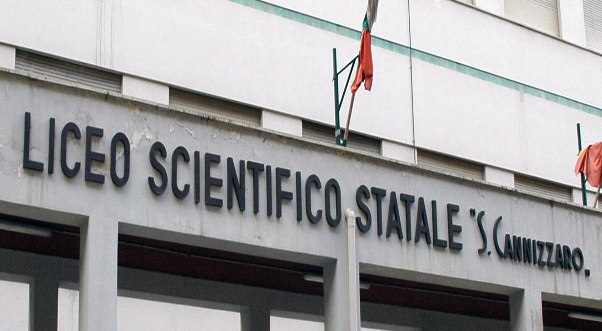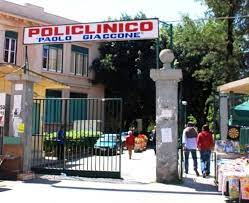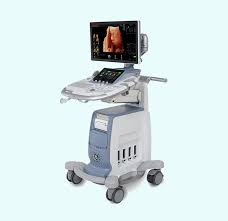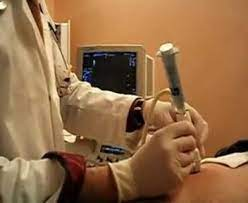Orlando A, D’Antoni A, Cammà C, Albanese M, Livraghi T, Torzilli G, Virdone R, Sciarrino E, Simonetti RG, Maringhini A, Pagliaro L, Cottone M.Am J Gastroenterol. 2000 Oct;95(10):2921-7.PMID: 11051369
Abstract
Objective: Percutaneous ethanol injection may prolong the survival of patients with small hepatocellular carcinoma associated with cirrhosis. The aim was to identify prognostic factors of survival and of local recurrence, as well as separate new lesions.
Methods: We performed Cox regression analysis in 115 consecutive patients with hepatocellular carcinoma (81 Child-Pugh class A, 34 Child-Pugh class B) treated by percutaneous ethanol injection. The validity of the model was tested by comparing predicted and observed survival in 105 independent patients from an external series.
Results: Overall survival rates were 89%, 63%, and 43% at 1, 2, and 3 yr, respectively. The 1-, 2-, and 3-yr survival rates were 96%, 78%, and 63%, respectively, for Child-Pugh class A patients and were 73%, 35%, 12%, respectively, for Child-Pugh class B. The albumin level was the only independent variable significantly associated with survival (p < 0.0001). The 3-yr rate of appearance of separate new lesions and local recurrence were 41% and 23%, respectively. The survival predicted by the model agreed with that observed in the independent patients.
Conclusions: Survival of patients with hepatocellular carcinoma treated by percutaneous ethanol injection is related to baseline albumin level. The high rate of recurrence (both local and distant) points out the palliative role of this therapy.
 Alberto Maringhini
Alberto Maringhini
 Alberto Maringhini
Alberto Maringhini















Condividi su